Charles Pakana (Victorian Aboriginal News):
As we close in towards the final day of polling for the referendum, aimed at enshrining a First Nations Voice to parliament in our country’s constitution, I’m joined on the podcast by one of the co-chairs of the First Peoples’ Assembly of Victoria, Gunditjmara man, Rueben Berg. Rueben, thanks for sparing time to talk with me today.
Rueben Berg (Co-Chair, First Peoples’ Assembly of Victoria):
My pleasure.
Charles:
Rueben, you’ve been out there a heck of a lot. I’m constantly seeing you out there, either in person or certainly on social media. You’re talking to the community about the proposed voice, and you’re working to dispel at least some of the disinformation that has, quite frankly, characterized this campaign. What are some of the most potent lies that you’ve come across during this period?
Rueben:
Yeah, there is a lot of misinformation, and I guess it is difficult sometimes to distinguish between just the out and out lies and where people are just misguided or misinformed about things. And that range from the idea that somehow this change in the constitution is going to mean that people lose their backyards. They’re going to have to pay the rent to Aboriginal people automatically as a result of this Voice. That’s one extreme of it, which is just based on complete fearmongering. And we’ve seen similar tactics when Mabo came about, and many other pieces of legislation. They just think of the most extreme case that they can think of to scare people and put that out there as if it’s fact.
All you have to do sometimes is just shake your head and be just bamboozled by how people can come up with the stuff because when you read the actual proposal, what’s going to change in the constitution, that’s got nothing to do with any of those things that people are talking about in terms of that fear campaigning.
Charles:
But how do you dispel those fears and what facts do you come up with? Because JP Janke said on this podcast a couple of weeks ago, this has been an instance of fear over fact. How do you go about dispelling that fear?
Rueben:
All I know that I can do is just keep coming back to the fact, you just have to be able to keep reiterating the facts. And if people have these wild claims, say, okay, where in this proposal does that concern lie? Show me where and what’s being put forward that you have a concern that leads to those issues. And if they’re an honest interocular, which sadly oftentimes they’re not, but they’ll be able to look at it and say, “Well, actually, yeah, you’re right, there is nothing here about that.” But it is very troubling and it’s very draining when you do have people who seemingly have no interest in what the actual reality is. They’re just trying to push their own agenda.
Charles:
Have you had much opportunity to talk about the model of the assembly and how this democratically elected body that we have here in Victoria can be a workable model right across the majority of Australia? Some areas of course, will not have these democratic elections. They may be culturally appointees to the voices, but have you had an opportunity to yarn about this and explain and dispel some of the fears?
Rueben:
Thankfully I have, and you’re right, it is a really powerful model that we have here in Victoria to already have a democratically elected group of First peoples with regional diversity, with gender quotas, and who are accountable to their communities to demonstrate that you can have a voice. None of these fear actually comes to eventuality if you have a voice because we’ve had one here for four years.
Charles:
Yeah.
Rueben:
And to demonstrate, there is a path forward that this is nothing to worry about, this is just something that can bring positive outcomes for our community.
Charles:
Now, there do seem to be some very severe cracks that have emerged in our society as a result of the campaigning. So what do you consider to be the priorities required to address this post referendum? And this is regardless of the outcome because work definitely has to be done.
Rueben:
Yeah, as you say, it’s absolutely critical regardless of the outcome that we try and bring people back together because whilst the Voice itself is not divisive, this campaign has been divisive, and we do need to try and bring people back together. And always, I find when there are conflicts between groups, the best way to bring people together is to establish shared outcomes. So to go back to the basics of what it is that we’re trying to achieve as a society. And I think what we all want is to make sure that everybody, regardless of who they are, they have a good chance of success in their lives.
And the reality throws us that we as First Peoples don’t have the same chance as others. So hopefully we can fall back on this just inherent goodwill of saying we want to make sure that young people have a chance of success and hope we can get that shared interest around that. Yeah, we might have different ways of trying to go about it, but we need to fall back on that shared interest of getting better outcomes for our communities.
Charles:
Do you believe that the First Peoples’ Assembly of Victoria has a role to play in this healing of society post referendum? Nothing to do with the actual treaty work itself?
Rueben:
Yeah, I think so. Obviously, specifically here in Victoria, I think we can show the power and the value of bringing people together, of listening to First Peoples and regardless of where the treaty outcomes actually sit, of having that really power in coming together and listening and sharing our stories and sharing our culture. Because a lot of times when we talk about the Voice, it’s portrayed as a very one-sided outcome that it will have huge benefits for the Aboriginal community and it will. But I think there’s also positive benefits indirectly for the broader community of engaging with the 65,000 plus years of culture we have. And that’s something that we really hope to highlight and strengthen here in Victoria in the work we’re doing, regardless of how that ties into particular treaty outcomes.
Charles:
Reuben, one of the things that I’ve heard when I’ve been speaking to traditional owner groups across Victoria with regard to the Voice is that it’s been looked at as an opportunity to play out a positive model perspective. And that is that a lot of the strategies that are being developed by TO groups, whether it’s land management, bushfire management, management of wildlife, a lot of the to groups want to feed that up through to the governments because they believe that their cultural learnings can really benefit the environmental management of the country if, and I’m saying if a Voice were not to get up, do you think there is still a way that these positive models, these positive practices in managing the environment can still be fed through to government, at least here in Victoria?
Rueben:
I think there are, there absolutely are those opportunities, but that’s because at the moment, we have a government that has that goodwill that wants to listen to us, and that’s why this referendum is so important because we don’t want to be dependent on that goodwill. So yes, absolutely there are going to be good pathways at a federal level, at a state level, but come a different government, those opportunities might dry up. And that’s why being in the constitution to say, we have to have this Voice is so critical. So it’s not dependent on the whims of the politicians of the day.
Charles:
How has this been for your members themselves? There’s been a lot of campaigning, I know by a lot of members. You’ve done a heck of a lot. As I mentioned before, you’re constantly out there. What sort of pressure has this had on the memberships themselves and also the staff members? Because you had a lot of Koori staff in there as well.
Rueben:
Yeah, I mean, I think for all members of our community, this has been a very draining campaign to have our issues so much in the spotlight, and to have so much pressure on us for the outcome because the outcome is so important to us that we do feel that weight of expectations and we know that people are looking to us to see the way forward. So it has brought a lot of pressure. I’m more than comfortable to step up and do those sorts of things because that’s what happens when we step up to leadership roles to do those things. But I think it is really important that after this referendum, regardless of the outcome, give our community a chance for a breath and a chance to just check in and make sure we are looking after our own wellbeing before we then pick ourselves up regardless of the outcome and move on to the next important thing.
Charles:
Let’s talk a bit about the media. I know you’re not a media person, but obviously you are influenced or you consume a lot of media and you always have. The media, let’s be quite frank, and I’ll say this has had its part to play, positive and negative in this particular campaign. And if we look at certain areas of conservative media, definitely a negative role. What would you like to see happen in the media right across the country when it comes to better managing and better representing Aboriginal and Torres Strait Islander interests?
Rueben:
So, I think it is important that at times you’d be able to hear lots of different perspectives. But what I have a real problem with what I see in a lot of the media is a misrepresentation of the balance of those two perspectives. So the vast majority of Aboriginal people support this Voice. That’s a reality. But that you see equal representation, oftentimes more representations of the negative side of things, whereas I think that the proportion of representation in the media landscape should be more representative of what the community perspective actually is. So of course, we do need to hear what the different sides are, but not always in a 50:50 split when it’s not representative, what our community views are.
Charles:
So what would you like to see happen within the media itself to achieve that more equitable coverage?
Rueben:
I think we just need to be amplifying the voice of people who have authority within their community, because sometimes you’ll have elected representatives like myself who are speaking and representing not just my own personal view, but the views of the community I’ve been chosen to represent, and the organization I’ve been chosen to represent, alongside just some random person from the street who they’ve decided to pick and give a microphone to. And there needs to be more appropriate representation of the status of people within these conversations to say, this is someone who’s been democratically elected by their community to share their views on these things as compared to someone who might have not that same status within their community. And so there needs to be consideration of that because it gives an unfair representation of where the views are within our community when it’s not done that way.
Charles:
Rueben, given this is either the last or the penultimate podcast that we’ll be doing prior to the polling day on the 14th of October, let me throw it over to you. Is there anything that you want to get out there to the electorate prior to the polling?
Rueben:
Yeah, absolutely. Look, despite all the conversations that we might hear and the misinformation out there, this is actually a very simple referendum. It is about recognition, and the vast majority of Aboriginal people support this Voice because we know it will deliver better outcomes.
Charles:
Rueben Berg, co-chair of the First Peoples’ Assembly of Victoria, many thanks again for your time, brother.
Rueben:
My pleasure. Thank you.


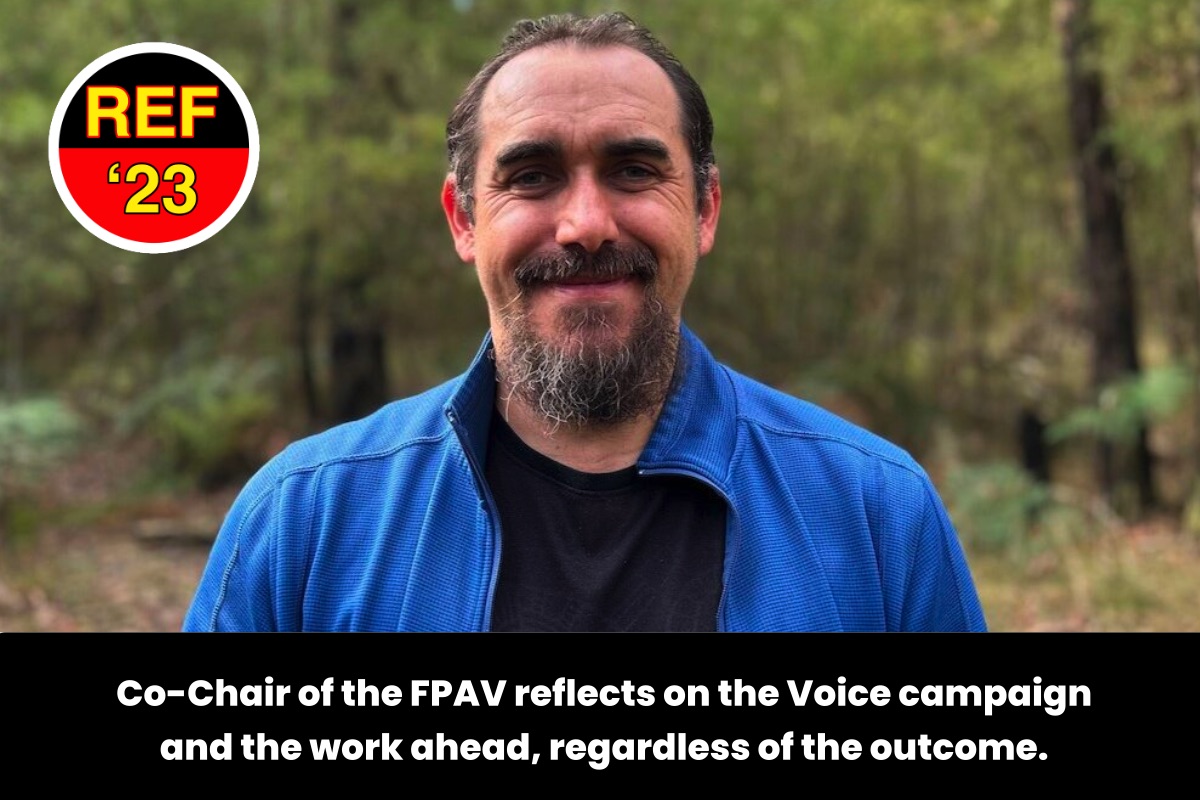
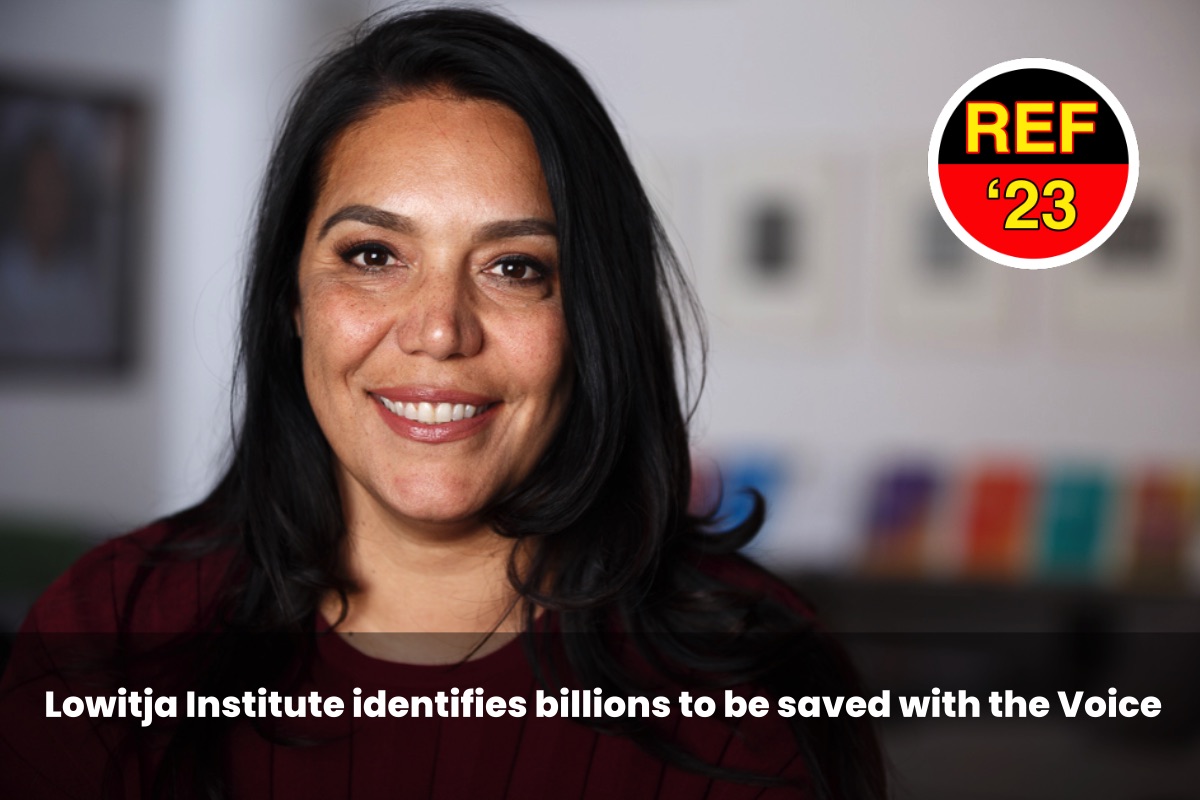
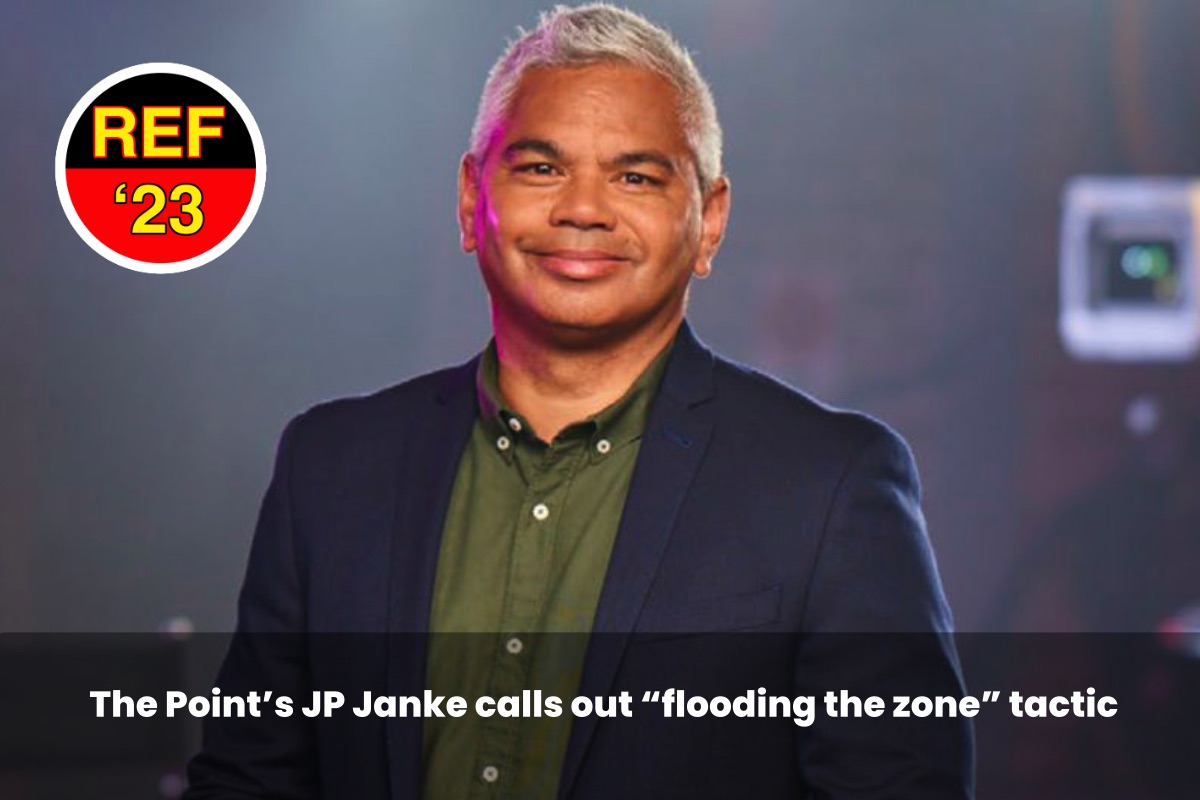
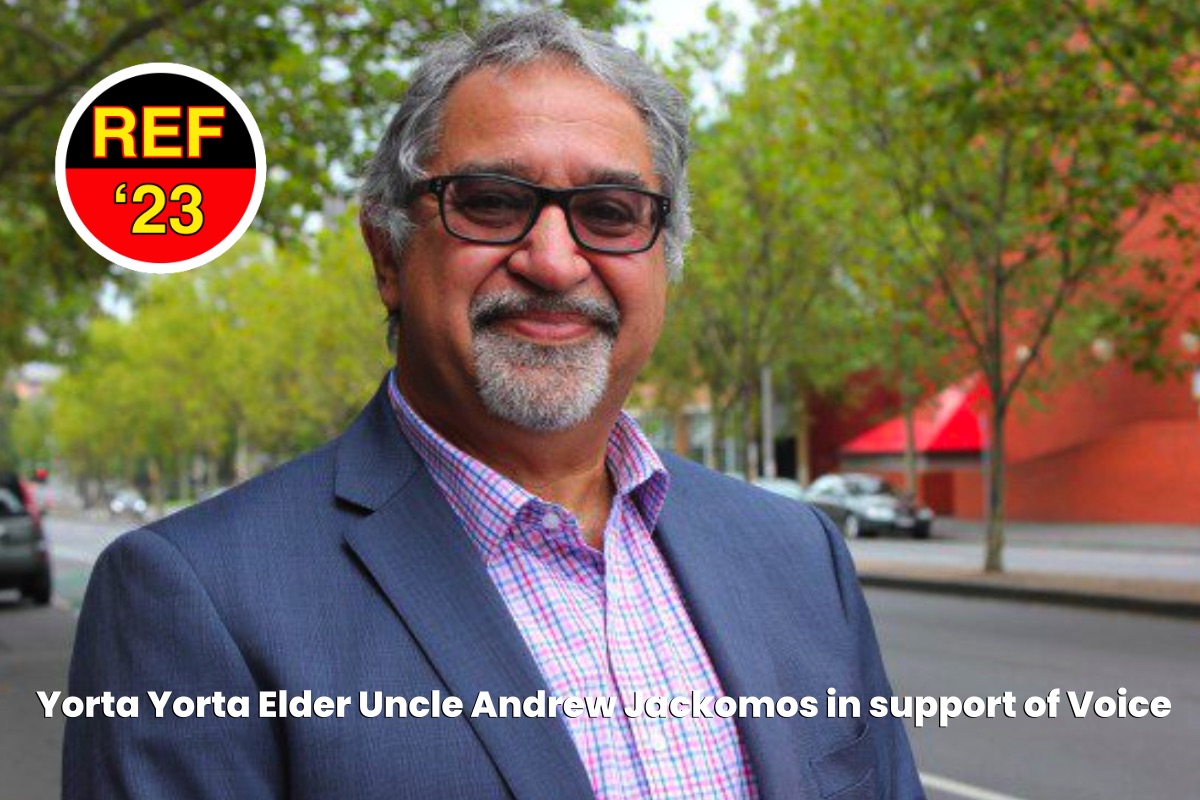
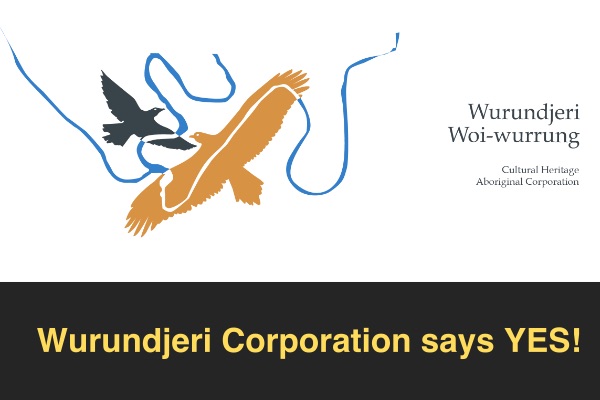

0 Comments